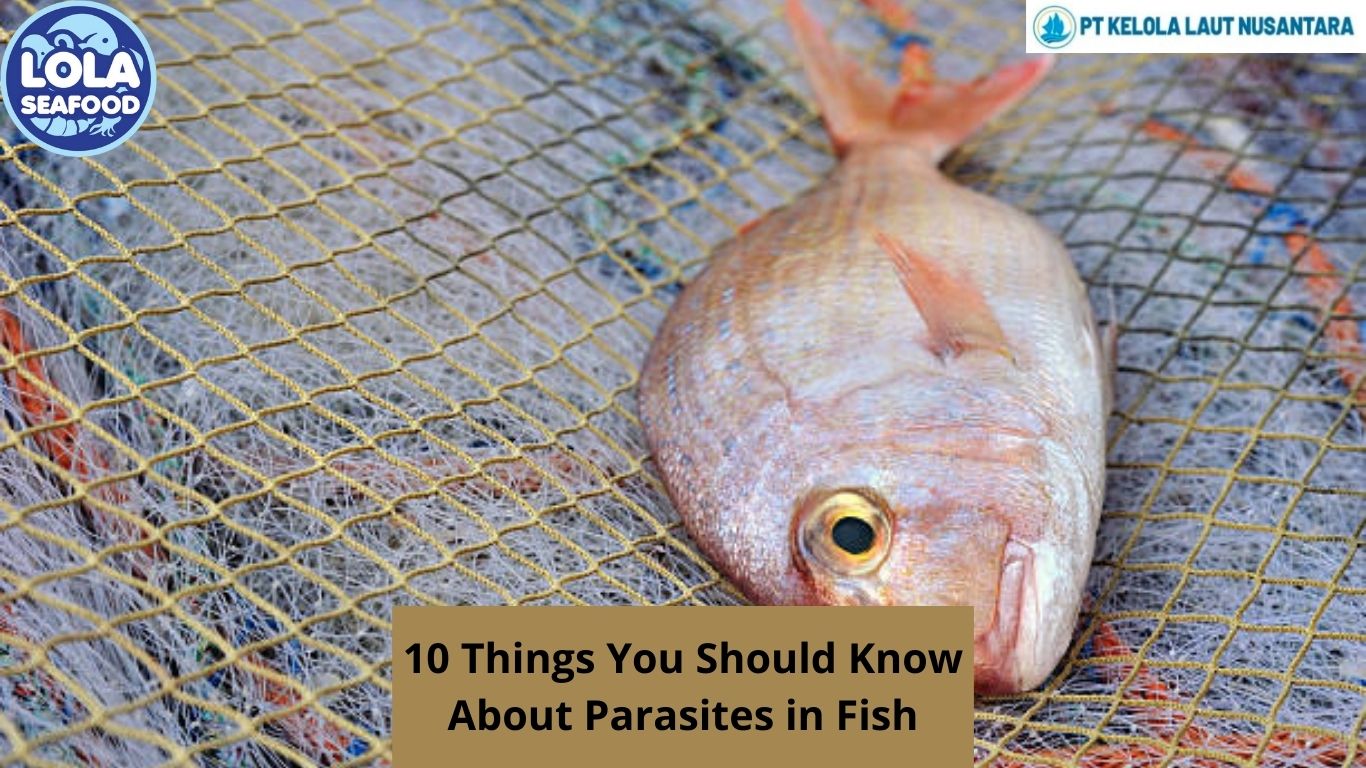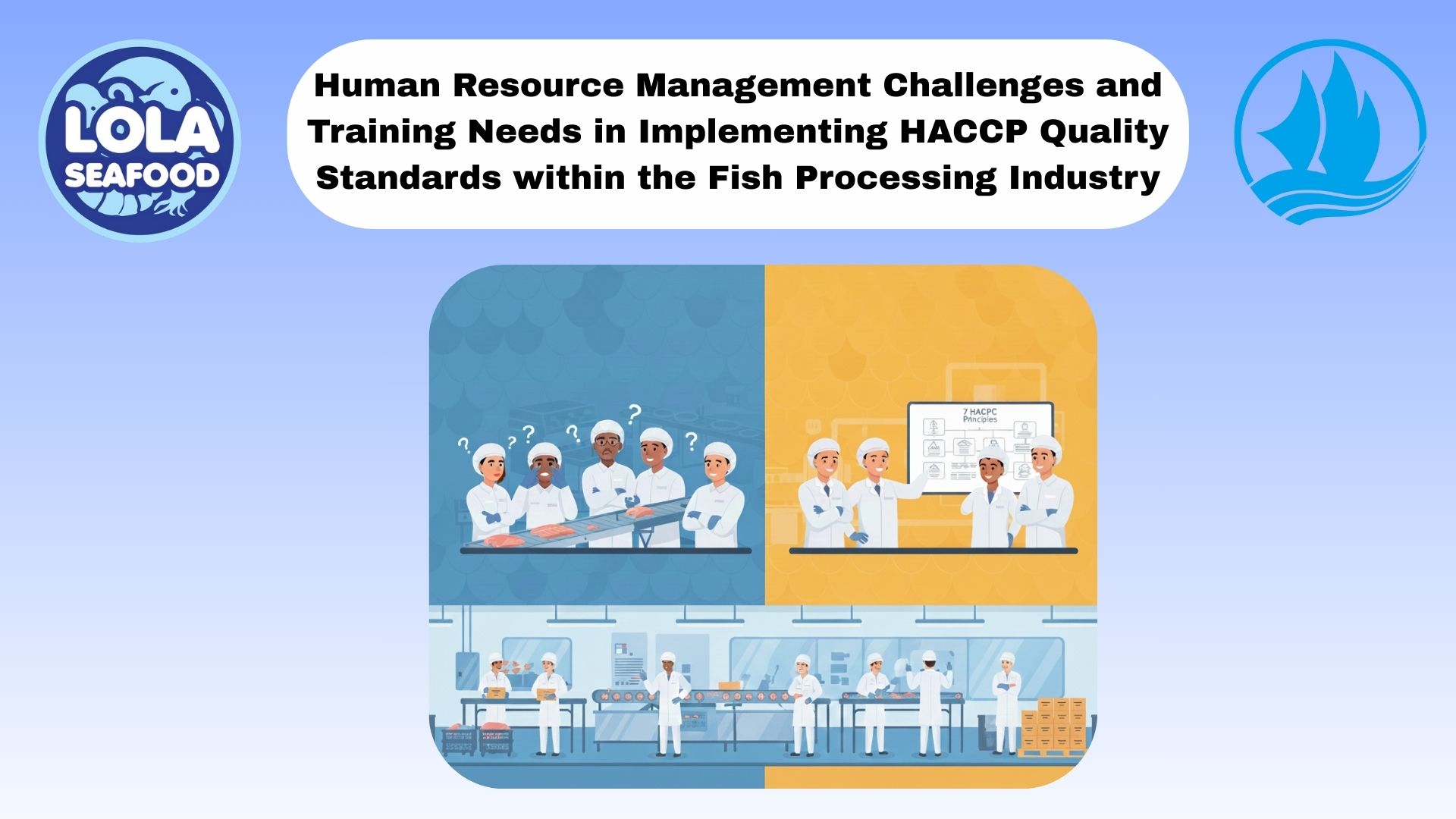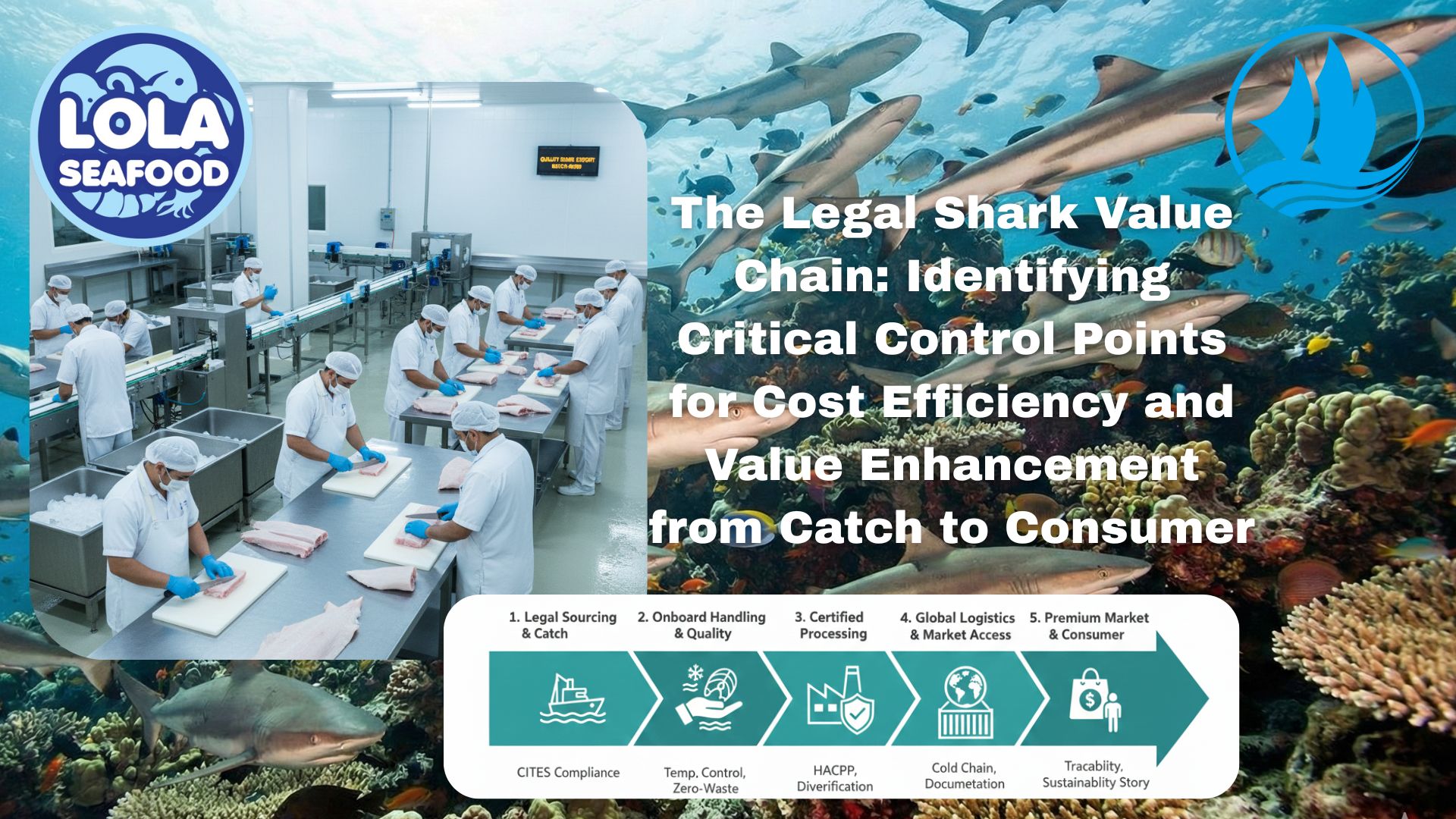10 Things You Should Know About Parasites in Fish
By. Nugroho Luhur - 05 Feb 2025
Kelolalaut.com Parasites in fish are a common occurrence in both wild and farmed populations. While the thought of parasites may be unsettling, understanding them is key to maintaining healthy fish populations and ensuring safe consumption. Here are ten important facts about parasites in fish that every fish enthusiast, aquarist, and consumer should know.
1. Parasites Are Natural and Common
Parasites are a natural part of aquatic ecosystems. Nearly all fish species can host parasites at some point in their lives. These organisms have coexisted with fish for millions of years and are part of the natural balance of life underwater. While some parasites cause harm, many exist without significantly affecting their hosts.
2. Types of Fish Parasites
Fish can be infected by a variety of parasites, including protozoa, flatworms (trematodes and cestodes), roundworms (nematodes), crustaceans (like lice and copepods), and leeches. Each type of parasite targets different areas of the fish’s body, such as the skin, gills, intestines, or even internal organs.
3. Visible vs. Invisible Parasites
Some parasites are visible to the naked eye, such as fish lice or worms embedded in the flesh. Others, like microscopic protozoa, require laboratory analysis for detection. White spots on the skin, abnormal swimming, and changes in appetite can be signs of parasitic infections
4. Impact on Fish Health
While many parasitic infections are mild and manageable, severe infestations can lead to stress, weakened immune systems, or even death in fish. In aquaculture, parasites can cause significant economic losses due to reduced growth rates and increased mortality.
5. Parasites and Human Health
Most fish parasites are harmless to humans, especially when fish are properly cooked. However, some, like Anisakis (a type of roundworm), can cause health issues if ingested raw or undercooked. Freezing fish at specific temperatures before consumption can kill these parasites, making raw fish safer to eat.
6. Prevention in Aquariums and Ponds
For hobbyists, preventing parasitic infections involves maintaining clean water conditions, quarantining new fish before adding them to tanks, and avoiding overfeeding. Regular monitoring and prompt treatment can help control outbreaks before they become serious.
7. Treatment Options
There are various treatments available for parasitic infections in fish, ranging from chemical baths and medicated feeds to natural remedies like salt treatments. It’s important to accurately identify the parasite to apply the appropriate treatment, as some methods can harm the fish if misused.
8. Parasites as Indicators of Environmental Health
An increase in parasitic infections can indicate poor water quality or environmental stress. Pollution, overcrowding, and temperature fluctuations can weaken fish, making them more susceptible to parasites. Monitoring parasite levels can serve as an early warning system for environmental issues.
9. Parasites in Farmed vs. Wild Fish
Both farmed and wild fish are susceptible to parasites, but the risks vary. Farmed fish are often raised in controlled environments where parasites can spread quickly due to high stocking densities. Wild fish may carry parasites naturally, but they tend to be less concentrated due to the open environment.
10. Regulations and Food Safety
Food safety regulations in many countries require seafood to be inspected for parasites before it reaches consumers. Commercial fish processing often includes steps like freezing or cooking to eliminate potential risks. Consumers can further protect themselves by purchasing seafood from reputable sources and following safe handling practices.
Understanding parasites in fish helps demystify their role in aquatic ecosystems and highlights the importance of proper handling and treatment. Whether you’re a fish enthusiast or simply enjoy seafood, being informed ensures both the health of fish populations and your own safety.
If youre interested in our Halibut Fillet Skinless please do not hesitate to contact us through email and/or whatsapp
.jpg)
The Impact of HACCP-Based Integrated Quality Management Programs on the Quality and Competitiveness of Fresh Demersal Fish Products
 and Employee Productivity on the Demersal Fish Processing Floor.jpg)
The Correlation Between Occupational Health and Safety (OHS) and Employee Productivity on the Demersal Fish Processing Floor

Human Resource Management Challenges and Training Needs in Implementing HACCP Quality Standards within the Fish Processing Industry





.jpg)